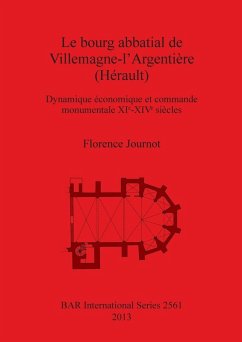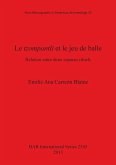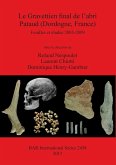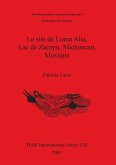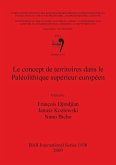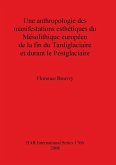The work represents a study of the village of Villemagne, located in the uplands of the Languedoc (southwest France): its past importance has often been underestimated. The power of the abbots and a section of the lay population depended partly on the possession of silver mines. Ecclesiastical power was also displayed through control of the relics of St Majan. The abbey first appears in written sources in 819 alongside other monasteries in Septimania. Several archaeological finds and objects scattered around the village are known from this period, although their origins are unclear. Early and high mediaeval period remains were found during the excavations of a small church extra muros, situated on a Gallo-Roman site with burial ground. The village steps out of the shadows in the 11th century and this work charts the constitution of the abbeys' temporal possessions, including a series of dependant priories, over a period of two centuries, which are also marked by conflict with the episcopal authorities. Though the domain was small, limited by the plains and the uplands, the abbey became very rich.
Hinweis: Dieser Artikel kann nur an eine deutsche Lieferadresse ausgeliefert werden.
Hinweis: Dieser Artikel kann nur an eine deutsche Lieferadresse ausgeliefert werden.

